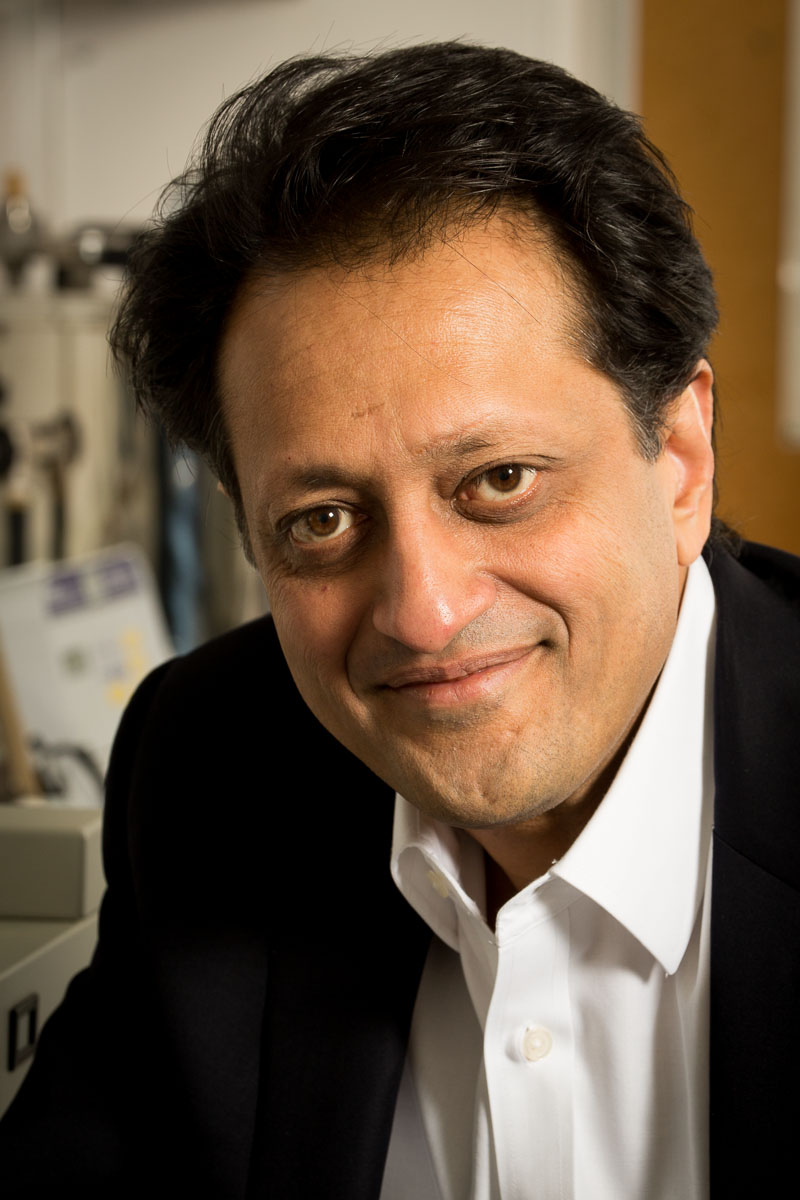Doctors and scientists at the Royal Free Hospital and UCL Institute for Liver and Digestive Health, have been awarded funding from the European Union to develop a new treatment for liver disease. 
The treatment, which is called Yaq-001, is a pill containing special types of modified carbons which prevent harmful bacteria leaking from the gut, entering the blood stream and aggravating liver injury.
Rajiv Jalan, professor of hepatology at the Royal Free Hospital, is leading a European consortium of researchers and collaborators from Brighton University and Mast Carbon International to develop this treatment. The group has been awarded more than £4 million to develop the new treatment.
Cirrhosis of the liver affects more than 29 million Europeans, claims 170,000 lives every year and costs the European Union almost £12bn each year in health costs and reduced economic productivity. There are several causes of liver disease but the increasing incidence of obesity and excessive alcohol consumption is causing a rapid rise in the number of cases seen across Europe.
Patients with liver disease often experience a change in their gut bacteria, which makes the condition worse and leads to a range of additional health complications. Current treatments include the use of antibiotics to kill the gut bacteria but the long-term use of these drugs can result in antibiotic resistance and can be very costly.
Professor Jalan, who is co-ordinating the project, said: “The EU grant provides the liver community with a huge opportunity to further develop this exciting new device to treat alcoholic and fatty liver disease and, reduce death rates in patients with cirrhosis. Yaq-001 is a novel, specially designed and safe carbon, which when ingested orally prevents the leakage of the nasty products of harmful bacteria from entering the blood stream and aggravating liver injury. This strategy also has the potential to reduce the need for antibiotics, preventing the development of antibiotic resistance and infections from superbugs. It is hoped that the clinical trials will start within a year.”
The project has received funding from the European Union’s Horizon 2020 research and innovation programme under grant agreement No 634579 and represents an expert multi-national consortium of European partners drawn from research organisations, clinical centres, and industry.
Image: Professor Rajiv Jalan
Notes to editors
Media contacts: mary.mcconnell2@nhs.net or call 020 7472 6665
About the Royal Free London NHS Foundation Trust
The Royal Free began as a pioneering organisation and continues to play a leading role in the care of patients. Our mission is to provide world class expertise and local care. In the 21st century, the Royal Free London continues to lead improvements in healthcare.
The Royal Free London attracts patients from across the country and beyond to its specialist services in liver, kidney and bone marrow transplantation, haemophilia, renal, HIV, infectious diseases, plastic surgery, immunology, vascular surgery, cardiology, amyloidosis and scleroderma and we are a member of the academic health science partnership UCLPartners.
In July 2014 Barnet Hospital and Chase Farm Hospital became part of the Royal Free London. Read 'A bigger trust, a better future'.
 Translate
Translate
